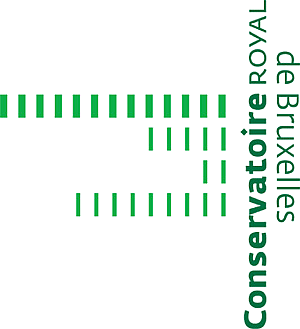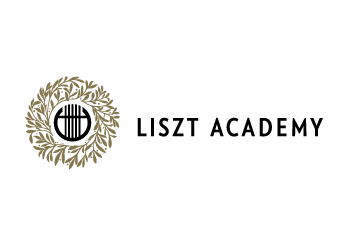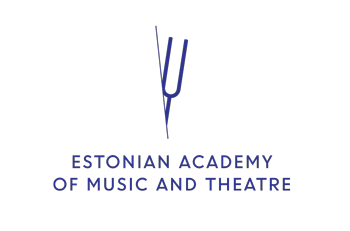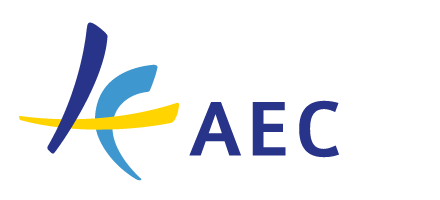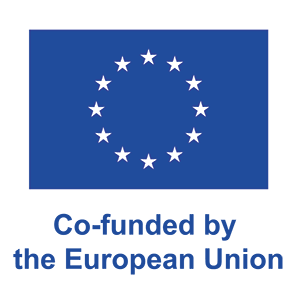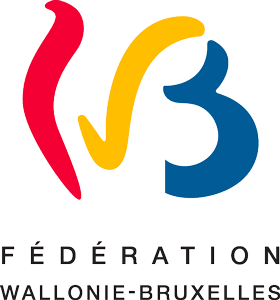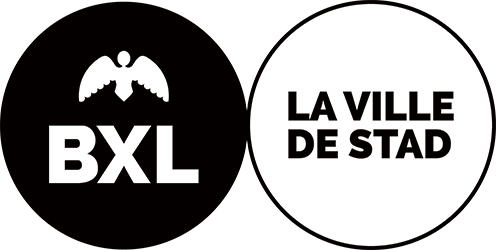Further information
-
assessment
Exam with grade E , Semester grade S -
level
Advanced -
 Completed SemesterFirst and second semester
Completed SemesterFirst and second semester -
How many semesters does the course last?
Two semesters -
hours per week
90 min (+ 45 min complementary course: Harmony - practice) -
 Link of the course
Link of the course -
 Target group of courseMusic theory students, beginner
Target group of courseMusic theory students, beginner
Other (students of Composition, Theory of Music and Conducting) -
 credits4 (Harmony) + 1 (Harmony - practice)
credits4 (Harmony) + 1 (Harmony - practice) -
 Type of CourseLecture, Practice
Type of CourseLecture, Practice -
Degree Level
Bachelor -
 e-learning-elementsAn online platform created by my co-worker that enables lossless MIDI transmission and displays a keybord that lets the students see what the teacher is playing at the moment.
e-learning-elementsAn online platform created by my co-worker that enables lossless MIDI transmission and displays a keybord that lets the students see what the teacher is playing at the moment. -
Course
Mandatory -
students #
3-6 student -
Hours per year
60 h -
BIBLIOGRAPHY
J. Targosz, Podstawy harmonii funkcyjnej, PWM, Kraków 1993 M. Fieldorf, A. Frączkiewicz, Zasady modulacji, PWM, Kraków 1964 K. Sikorski, Harmonia, PWM, Kraków 1972 F. Wesołowski, Materiały do ćwiczeń harmonicznych, PWM, Kraków 1996 F. Wesołowski, Basso continuo – teoria i praktyka, Astra, Łódź 2006 -
ONLINE CATALOGUE
WITH CONTENTS -
evaluation grid
-
evaluation grid
and document
Teacher(s)
Ilona Iwańska
current position
assistant professor
Institution
Akademia Muzyczna w Krakowie
Be a part of our european project !
This European project (KA 203 Strategic Partnership) created by Salvatore Gioveni promotes cross-border collaboration in the field of Music Theory through sharing knowledge and transferring pedagogical innovation. It thus responds to a lack of centralised source and framework to deepen reflection by means of cross-disciplinary study at European and international level.
There is a significant wealth of educational practices from one country to another in this sector, especially in terms of harmonic musical notation and analysis. However, HMEI's are facing the nonexistence of a European network for pedagogical staff in Music Theory so far. To improve the situation, the project will among other things develop several intellectual outputs such as Online Platform (IO 1), an EU Bibliography (IO 2), a Repository Courses (IO 3), a Multilingual Glossary (IO 4) and an Exchange Online Learning Platform.
Besides the Conservatoire royal de Bruxelles as leader and manager of the project, the following partner institutions are involved: Music Academy S. Moniuszki Gdańsk (Gdańsk, Poland), F. Liszt Academy of Music Budapest (Budapest, Hungary), Estonian Academy for Music and Theatre (Tallinn, Estonia), HfMTh "Felix Mendelssohn Bartholdy" (Leipzig, Germany).
 | 2024
| 2024
